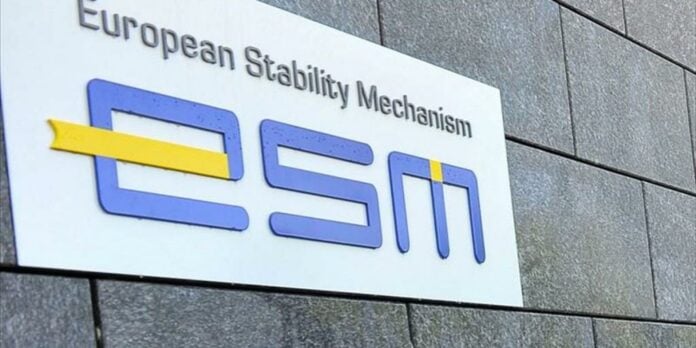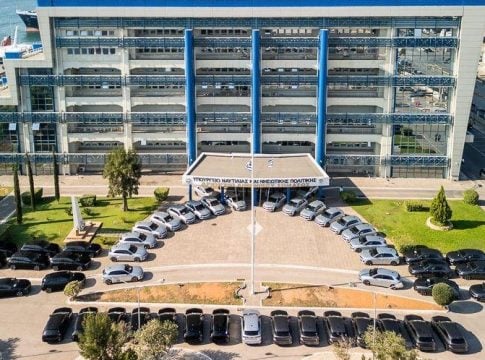“Greece faces challenges to public debt sustainability and repayment capacity as a result of the still high level of public and external debt, high and widening external deficits, weak productivity growth and banking sector vulnerabilities,” according to the annual report of the European Stability Mechanism (ESM).
“To mitigate these challenges, Greece must remain firmly committed to fiscal prudence and the rigorous implementation of structural reforms as part of the recovery and resilience facility,” ESM added.
In its report, ESM referred to the positive performance of the Greek economy in 2022 while it estimated that growth will slow in 2023. More specifically, it sees GDP growing 1.2% and annual inflation reaching 4.5%.
“Greece maintains the ability to repay all obligations to the ESM/EFSF over the next 12 months. The cash buffer is expected to remain at satisfactory levels,” according to the report, noting that Greece’s sovereign ratings improved as major rating agencies have brought the country closer to acquiring investment grade.
Commenting on the state of the banking system, the ESM pointed out that “banks’ solvency ratios remained adequate, adding that banks reduced their overall NPL ratio to 8.7%”. The European mechanism also pointed out the fact that the percentage of non-performing loans for Greek banks remains significantly higher than the average of the eurozone.














